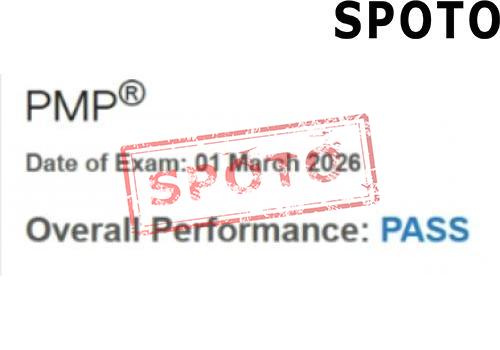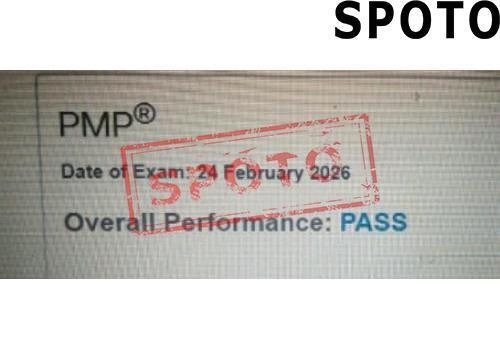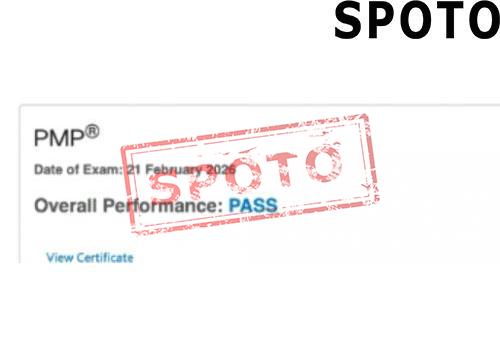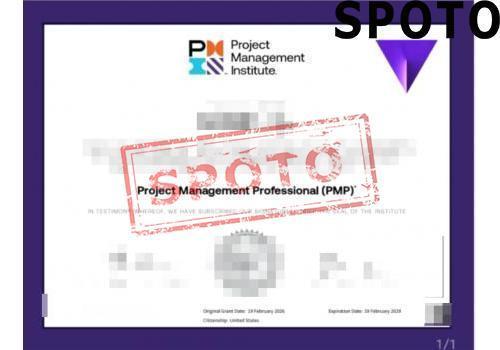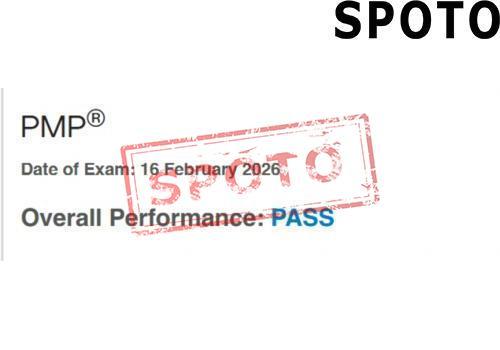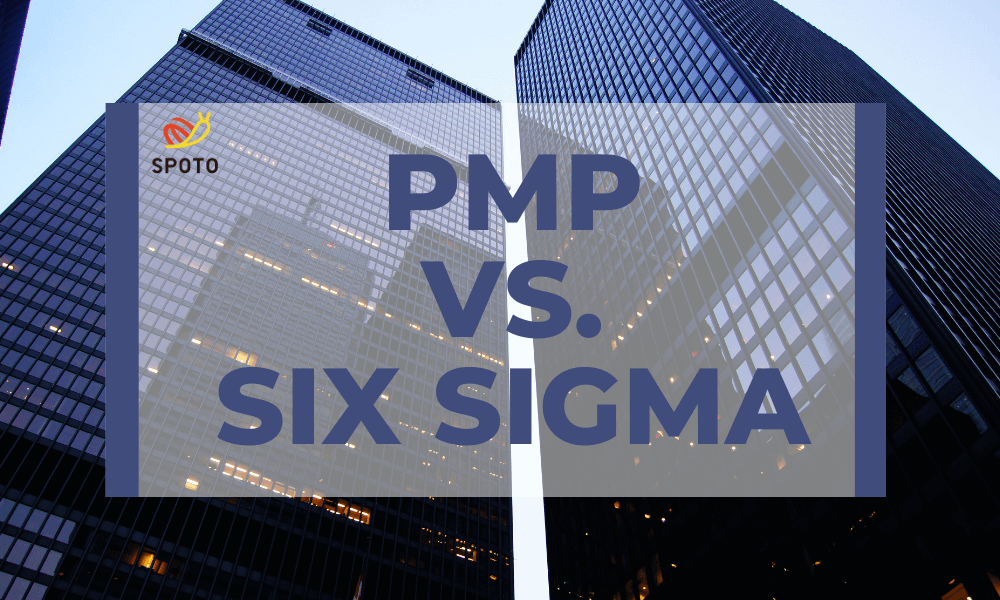
Table of Contents
Project management is a crucial aspect of any business or organization as it ensures that projects are completed efficiently, within budget, and on time. Understanding different management methods and certifications is essential for professionals looking to improve project success rates and overall efficiency. Many professionals consider obtaining certifications such as PMP (Project Management Professional) or Six Sigma to enhance their project management skills. These certifications provide valuable knowledge and expertise that can be applied to various projects, ultimately leading to better outcomes. In this article, we will conduct a comparative analysis of PMP and Six Sigma certifications to help professionals determine which certification may be more suitable for their career goals and project management needs.
What Is PMP Certification vs. Six Sigma
PMP (Project Management Professional) Certification is a globally recognized certification for project managers, demonstrating their experience, education, and competency in leading and directing projects. On the other hand, Six Sigma is a set of techniques and tools for process improvement, aiming to improve the quality of process outputs by identifying and removing the causes of defects and minimizing variability in manufacturing and business processes. Both PMP Certification and Six Sigma play crucial roles in enhancing project management skills and improving overall business performance.
What Is PMP Certification?
The PMP certification is a globally recognized credential for project managers, offered by the Project Management Institute (PMI). It demonstrates that a project manager possesses the knowledge, skills, and experience required to successfully lead and direct projects. The purpose of PMP certification is to validate an individual's ability to manage and deliver projects effectively in various industries and sectors.
PMP Certification Requirements
To be eligible for PMP certification, candidates must meet certain requirements. These include a combination of educational background and project management experience. Typically, candidates need a four-year degree, 36 months of leading projects, and 35 hours of project management education.
Alternatively, candidates with a high school diploma or an associate's degree require 60 months of leading projects and 35 hours of project management education.
The Value of PMP Certification
Earning the PMP certification can significantly enhance your career prospects. It demonstrates your commitment to the project management profession and validates your expertise to potential employers. PMP certification holders often command higher salaries and are considered for leadership roles in organizations. Additionally, it provides access to a global network of professionals and resources through PMI, further supporting career development and growth opportunities.
SPOTO: Get PMP Certified in Just 2 Weeks!
What Is Six Sigma Certification?
Six Sigma is a disciplined, data-driven approach and methodology for eliminating defects in any process – from manufacturing to transactional and from product to service. The primary goal of Six Sigma is to improve the quality of process outputs by identifying and removing the causes of defects and minimizing variability in manufacturing and business processes.
The main tools and techniques used in Six Sigma include DMAIC (Define, Measure, Analyze, Improve, Control) and DMADV (Define, Measure, Analyze, Design, Verify). These methodologies provide a structured approach to process improvement and problem-solving, helping organizations to systematically identify and eliminate defects.
Six Sigma Certification is available at different levels, including Green Belt, Yellow Belt, Black Belt, and Master Black Belt. Each level represents a different skill set and level of expertise in Six Sigma methodologies, with Master Black Belt being the highest level of certification.
The Value of Six Sigma Certification
Implementing Six Sigma in your organization can bring numerous benefits, including improved process efficiency, reduced defects and waste, increased customer satisfaction, and ultimately, higher profitability. By achieving Six Sigma Certification and applying its principles within your organization, you can drive continuous improvement and achieve sustainable business success.
SPOTO: Get Six Sigma Certified in Just 2 Weeks!
The Similarities of PMP Certification and Six Sigma
While PMP and Six Sigma may seem different at first glance, they actually share some important similarities that are worth exploring:
Same Project Success Tools: Both PMP certification and Six Sigma certification cover some basic tools and methodologies of project management. These include essential elements such as project charters and the critical path method. These tools are fundamental to the successful execution of projects, allowing project teams to plan, execute, and monitor projects effectively. By understanding and utilizing these methodologies, individuals can greatly enhance their project management skills and contribute to the success of their organizations.
Career Advantages: They offer significant benefits in terms of career development and market recognition. Whether it is PMP or Six Sigma certification, individuals can improve their competitiveness in the workplace and increase their career development opportunities. These certifications are widely recognized in the job market and can open doors to new and exciting career prospects.
The Difference Between PMP Certification and Six Sigma
While PMP Certification and Six Sigma are valuable in their own right, they serve different purposes and have distinct focuses. Let's take a closer look at the differences between them:
Focus and Purpose: PMP certification primarily centers around the overall process and framework of project management. It equips individuals with a comprehensive understanding of project management and aims to enhance the success rate of projects. On the other hand, Six Sigma certification is more focused on enhancing an organization's processes and quality by eliminating defects and reducing variation. Its core methodology, DMAIC (define, measure, analyze, improve, control), is geared towards achieving process improvement and quality excellence.
Application Scope and Industry: PMP certification has a broad application scope and is suitable for almost all types of projects and industries. Whether it's construction, healthcare, information technology, or any other sector, PMP certification is widely recognized and applicable. Conversely, while Six Sigma is also widely utilized, its origins and primary focus lie in the quality improvement of manufacturing and service industries.
Certification Process and Requirements: To attain PMP certification, candidates are required to have a certain level of project management experience and educational background. They must also pass an exam consisting of 180 multiple-choice questions. On the other hand, Six Sigma certification is divided into different levels such as green belt, black belt, etc. Each level has its own specific training courses and examination requirements, emphasizing professional knowledge of statistics and quality improvement methodologies.
How to Choose Suitable Certification?
If you are uncertain about pursuing a PMP Certification or Six Sigma, here are some helpful tips for deciding which certification to pursue:
Align with Career Goals and Industry Characteristics: When choosing between PMP Certification and Six Sigma, it is essential to match your decision with your career goals and the industry's characteristics. Opt for PMP Certification if you aspire to a project management career, as it focuses on project management best practices and principles. Conversely, if you work in a process-oriented industry like manufacturing or quality control, Six Sigma may be more relevant due to its emphasis on process improvement and defect reduction.
Consider Project Nature and Organizational Needs: Evaluate the nature of your projects and your organization's specific requirements. If your projects involve intricate stakeholder management, risk evaluation, and resource allocation, PMP Certification can equip you with valuable insights and skills for effective project management. On the other hand, if your organization prioritizes process enhancement, variance reduction, and overall quality improvement, Six Sigma can address these needs effectively.
Reflect on Personal Interests and Skills: Your personal interests and skills are key factors in determining the most suitable certification for you. If you have a penchant for data analysis, statistical tools, and process optimization, Six Sigma aligns well with your interests and skills. Conversely, if you excel in leading teams, strategic planning, and implementing project methodologies, PMP Certification may be a better fit for your strengths and preferences.


